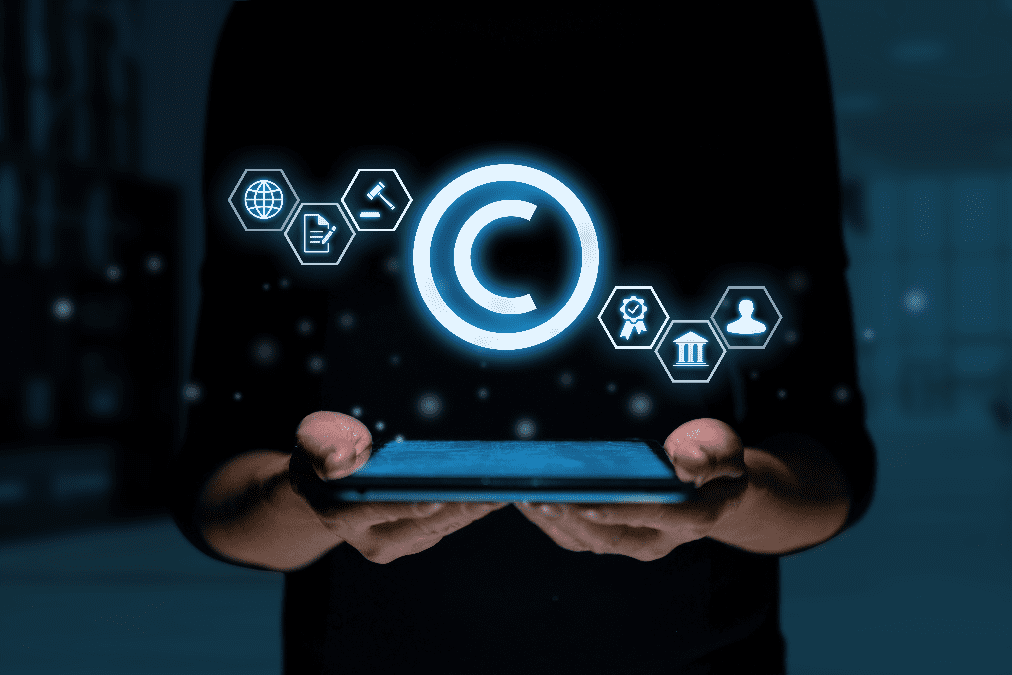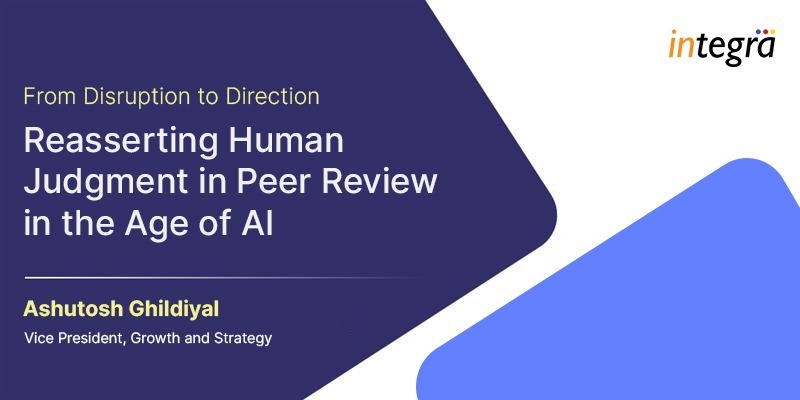Configurable Cloud-Based Systems: A Paradigm Shift in Rights & Permissions Management

The knowledge and information industry stands on the bedrock of security, integrity, and authority of data and intellectual property. The publishing sector is a critical part of this industry. All content – image, text, videos, biographies, music, lyrics, poems, research papers etc. – are owned by the creator. A publisher/author needs to obtain a legal agreement, under which they can use someone else’s creations. A publisher’s ability to effectively manage its portfolio of intellectual property can result in significant monetization opportunities. However, modern technologies have enabled open access to information and introduced new challenges for intellectual property rights management in the industry.
The Perils of Inadequate Rights & Permissions Management
In the world of publishing, the intricacies of rights and permissions management cannot be underestimated. Ignoring or mismanaging these aspects can lead to a plethora of complications, both legal and operational. Here are some significant issues publishers might face due to inadequate management:
1. Risks of Breaching Rights and Permissions
Stephanie Campbell’s copyright infringement suit against Gannett Media Corp. highlighted that copyright management is a complex minefield, hard to navigate for publishers. With the scale of information and the proliferation of digital publishing, manually managing access and permissions of divergent content types from myriad creators is extremely difficult and inefficient. There are multiple risks associated with non-adherence to information copyrights. Of these, the primary ones are:
- Using trademarked or creative works of other creators without adequate permissions can lead to lawsuits and penalties. According to the Institute for Policy Innovation (IPI), digital piracy costs the US economy more than $29 billion annually.
- Using advisory or testimonial content from creators on platforms they are restricted from, or about topics they do not have expertise in may put the publisher’s credibility at risk.
2. Financial Losses
Beyond potential legal fines, there might be unforeseen costs associated with rectifying unauthorized use, such as fees for acquiring retroactive rights or compensations to aggrieved parties.
3. Operational Delays
Discovering an issue with rights after content has been produced or distributed necessitates rework. This can delay project timelines, pushing back launches or distribution dates.
4. Reputational Damage
Regular oversights or infringements can tarnish a publisher’s image, making it challenging to foster trust with authors, partners, and consumers. Over time, this can impact a company’s credibility and market position.
Harnessing the power of Configurable Cloud-Based Access Control Technology
Despite a general acceptance of copyright principles, legislation concerning access rights and permissions varies significantly across jurisdictions. The sheer scale of policies and regulations that entities across open distributed information systems need to follow introduces performance bottlenecks in the publishing process. Configurable cloud-based systems can help overcome these bottlenecks. Here’s how.
- Centralized Management: Cloud-powered data warehouses enable the smooth exchange of data among creators, authors, and publishers. Combined with advanced technologies, such as decentralized legalization, tracing the creator becomes easy. This not only streamlines operations but also minimizes the risk of oversight or errors, ensuring that only authorized individuals can access and use specific content.
- Role-based access: These platforms give publishers the flexibility to create multiple role-based access levels to collaborate with in-house and third-party authors, collaborators, editors, and reviewers.
- Automated Compliance: Cloud-based solutions facilitate the securing of rights and managing access to digital assets at scale. End-to-end platform search and a unified repository of licenses, contracts, and agreements promote automated implementation of security and compliance without manual intervention.
- Seamless Integration &ROI: API-based cloud systems are easy to integrate with any environment, minimize data loss during transition, and are highly customizable. They greatly reduce publishing costs that would otherwise be incurred due to ineffective permissions management, while generating quick and visible ROI.
Partner with a Leading Publishing Technology Solutions Provider
Modern access control technology is critical to ensuring the safe and reliable use of copyright-protected content. Integra is an award-winning cloud-based publishing solutions provider. Its innovative permissions management solution, iRights, simplifies text permissions, media asset research, rights management, and licensing. Contact us to learn more about leveraging iRights to protect your intellectual property and access cutting-edge solutions that streamline publishing workflows.
Recent Blogs

Print, Pedagogy, and AI: The New Architecture of Educational Publishing

From Disruption to Direction: Reasserting Human Judgment in Peer Review in the Age of AI


